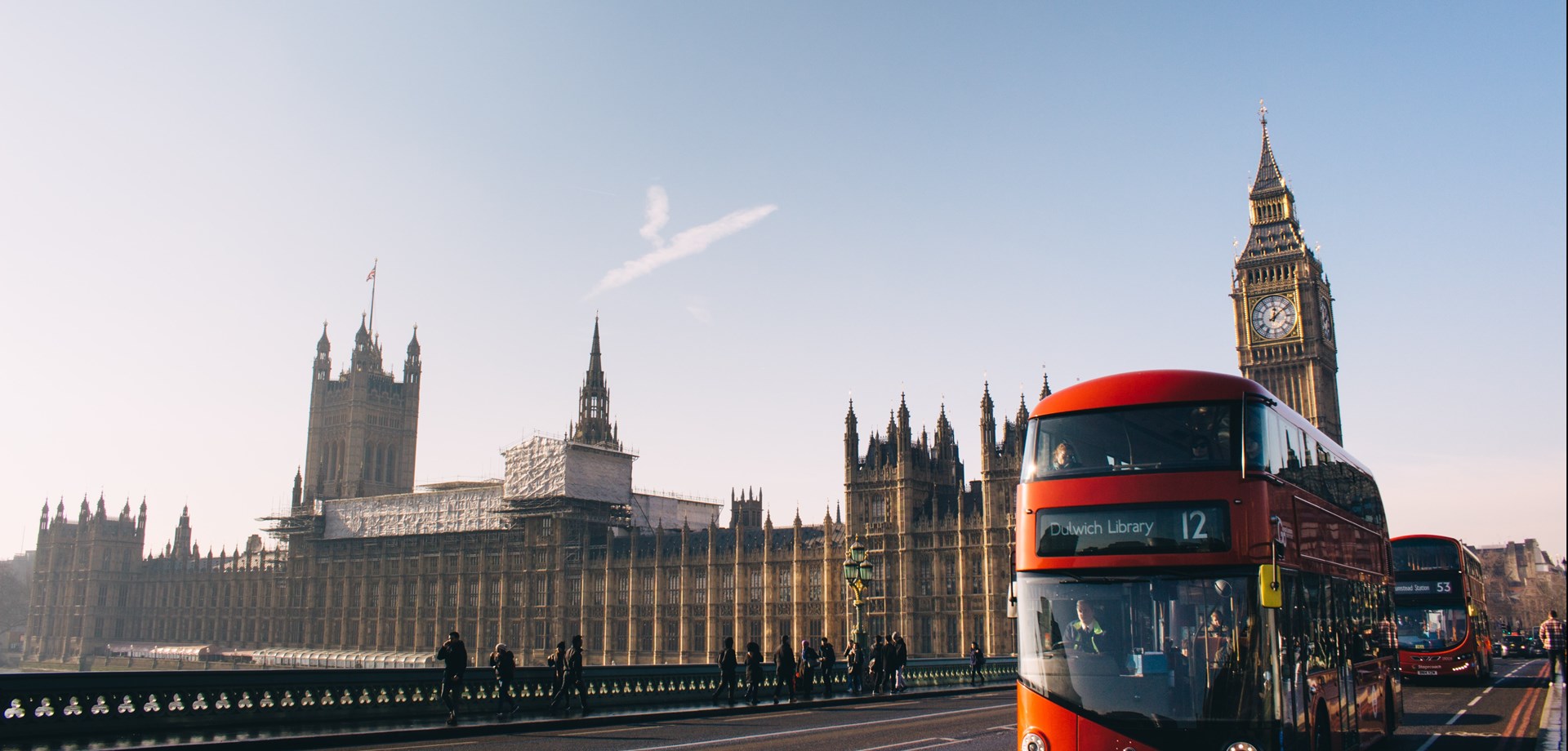- Home
- About us
- Properties
-
Finance & Law
- Main advantages of acquiring off-plan properties
- Where do foreign buyers buy in Portugal?
- Why do French buyers choose Portugal?
- Recognition of signatures in the promissory contract for the purchase and sale of real estate
- 7 compelling reasons to consider buying a property in Portugal in 2025
- Rural or urban properties: which is the best choice for you?
- The impact of location on the value of a property
- Renovating historic homes in Portugal
- What is a smart home?
- What is the new NHR 2.0 Program or IFICI?
- The right of first refusal can be exercised in the purchase or sale of a particular property
- Everything you need to know about the condominium law
- Is Portugal expensive in terms of food and drink?
- European Health Insurance Card
- Where to buy your property in Lisbon ?
- Buying land to build on can be an alternative to buying a house
- If you are considering investing in resort properties?
- Non-Habitual Resident Status (NHR 2.0) in Portugal in 2025
- How to Find Your Dream Home: A Step-by-Step Guide
- In the area of real estate investment, new construction is always compared with older properties
- Practical guide to sharing assets in inheritance
- What is an Undivided Inheritance? Know all
- Why British and American expats are choosing Portugal ?
- Buying a new property in a new development in Portugal
- How can I visit the property I like?
- What is the difference between an ordinary residential building and a tourist building?
- Moving to Portugal? Here are some helpful tips from a fellow expat
- How the French Embassy in Portugal can help you
- Information for British citizens moving to or living in Portugal
- What French associations in Portugal are there?
- Portugal or Spain? Compare which country is better for expats to live in
- Divorce and home loans: what to do
- Healthcare for UK nationals living in Portugal
- Living abroad as a senior: where to go and how to do it
- Seniors Living Abroad – Top 3 Tips for Living Comfortably Outside the United States
- Buying a property in Portugal
- Cost of living in Portugal versus the USA
- Return to Portugal through the RNH Regime for Emigrants
- What are the best international schools in the Algarve?
- Top Tips for Buying Luxury Property Abroad
- Do you want to buy property in Portugal? Discover the essential documents for home loans for foreigners.
- Portugal Expats Healthcare
- Why Portugal?
- Investing in resort property
- Is Portugal LGBT Friendly?
- Where to Buy Property in Portugal
- Buying a property in Portugal
- Spain, Italy or Portugal: Where should you retire?
- Legal Support - recommend hiring a Lawyer
- Opening a bank account with a Portuguese bank
- Are you ready to live in one of the best golf resorts in Portugal?
- If you come to live or want to invest, Taxes in Portugal ?
- The Tax Representative - Non-resident citizens in Portugal
- Portugal with 5th most powerful passport
- If you’re a UK national living in or thinking about moving to Portugal
- Real estate agents: Main functions
- 2023 Cost of living in Portugal: An overview of how much it costs to live in Portugal
- Buying a house in Portugal can be a wonderful dream
- Retire in Portugal: The best regions and towns for retirees
- There are more than 40,000 French people living in Portugal
- French community in the Algarve
- British in Portugal
- International schools in Portugal
- Invest safely and with a guaranteed minimum return of 5.0%
- Tax Treaty between France and Portugal:
- Pensions in Portugal
- Portugal, your new home
- Co-Ownership - Four Owners Plan
- I want to live in Portugal, but I know that there are several types of visas. Which one is right for me?
- D3 visa, for highly qualified professionals
- Visa D7 is intended for foreign nationals who are not nationals of EU Member States, the European Economic Area and Switzerland
- Portugal - Competitive real estate sector
- In the area of taxation, keep in mind the relevant information about property taxes
- The acquisition of property in Portugal
- Acquisition of a house in tourist developments
- Who can exchange a foreign driving licence for a portuguese driving licence?
- British in Portugal
- Lifestyle
- Contact us
- (0)
- (0)
What if your new home arrives by email? Subscribe to our Newsletter

Reasons why people move abroad from the UK
16 September 2022

Brexit. After Brexit, UK citizens no longer have a special status in other EU countries. Now the UK is a nation outside the EU and is defined as a “third country”.
Britons can still stay in one or more EU member states for up to 90 days in any 180 days, but to move to Europe, they need a residence permit. Also, the professional qualifications of UK citizens aren’t automatically accepted anymore.
Cost of living crisis. The rising cost of energy bills, interest rates, council tax, and food and petrol prices push Britons to find cheaper places to live.
Tax policies are constantly changing and increasing costs. For example, from April 2022, the main rate of national insurance contributions pushed up for employees from 12% to 13.25%, and for employers — up to 15.05% from 13.8%.
An opportunity to work remotely. About two-thirds of UK workers are considering moving to other countries to work remotely. Portugal’s Cascais tourism board has introduced a campaign to bring a more significant number of Britons to the country through the Digital Nomad Visa to live in Portugal while working remotely for companies or clients outside the country.
According to a report by GlobeTrends, with a total of 35 million digital nomads worldwide, searches for such a visa have increased by 376% in the last two years.
Competitive job market. Many skilled professionals find that they can earn more outside the UK with better working conditions, fewer working hours, lower taxes, and a private healthcare system.
Most Mediterranean countries such as Spain and Italy have flexible working hours, and workers often enjoy siesta during the hotter time of the day. Eating out and daily living is usually less expensive in many of these countries than in the UK.
Safety. London has high crime rates compared to other European cities. Between 2015—2016 and 2019—2020, the crime rate in London increased each year. In 2019—2020 the sudden drop was seen due to the Covid-19 pandemic causing a sharp reduction in certain types of crime such as robbery and theft.
Compared with 2013—2014, there were around 211 thousand more crimes in 2019—2020, a total of just over 912 thousand offences overall. Homicide offences accounted for 144 of these crimes in 2019—2020; this is about 1.3 times more than in 2015—2016 and 2016—2017.
The recent rise in crime in the capital has happened alongside a decline in personnel and funding for the London Metropolitan Police. Compared with 2010, there were 3.2 thousand fewer police officers in 2020.
Move to retire. Senior people are hoping for a warmer and relaxing climate to live in. About 20% of Britons living in Europe are retired.
An example of Portugal property for sale
Properties (ourhomeportugal.com)

